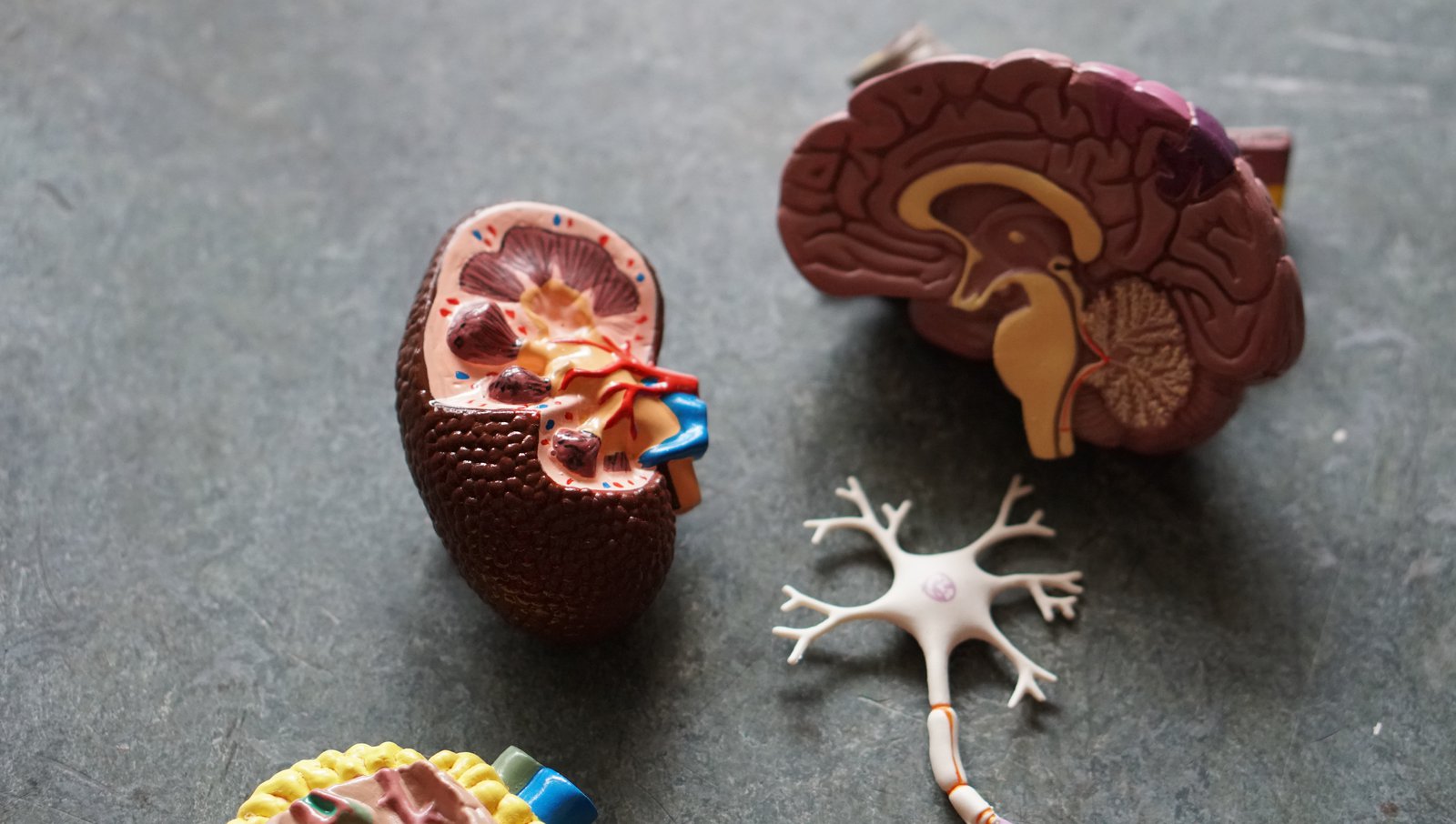Main kidney function

Excretory function
The kidneys excrete products that are the result of nitrogen exchange and such foreign substances as uric acid, urea, ammonia, creatinine, and, of course, all the residues of medicinal substances. That’s why the concentration of urea and creatinine blood indicates how well the kidneys work. Blood level indicates kidney function disorder.
Regulation of water balance
Kidneys control the amount of intracellular and extracellular fluid in the human body. This regulation occurs by removing excess fluid from the body and urine. In addition, the kidneys regulate the permanence of osmotic pressure by removing excess salts and glucose. For example, in hot conditions, the kidneys form lesser urine for removing the fluid with sweat because the body must retain more fluid.
Blood pressure control
. Blood pressure is the force with which blood passes through the wall of the blood vessel. Elevated blood pressure indicates high stress on the vessels and heart. Healthy kidneys maintain arterial pressure at the right level.
Hormones secretion
The kidneys secrete a range of hormones, such as renin and erythropoietin, and synthesize vitamin D. The body controls the blood pressure level. Erythropoietin helps the bone marrow form red blood cells - erythrocytes. In the case of dysfunctional kidney function, erythropoietin is formed in insufficient quantity and develops anemia. Besides, the kidneys control the amount of blood phosphate. The increase in phosphorus results in a disruption of phosphorus-calcium exchange, an increase in parathyroid hormone, and a decrease in calcium.



